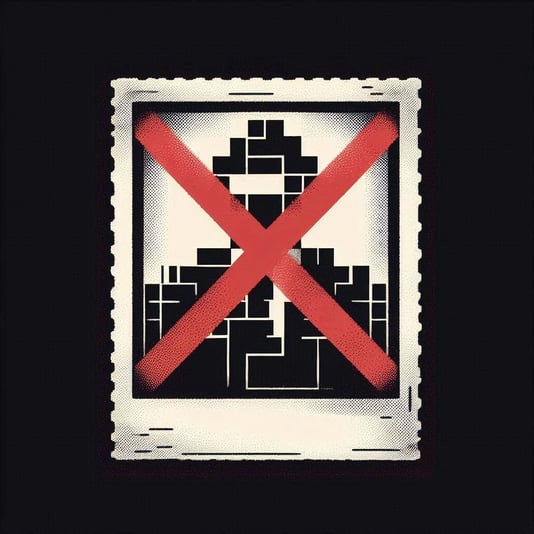2 min read
2 min read
Jury Awards $1M in Intrusion of Privacy Lawsuit Against California Highway Patrol
N
Nishica Srivastava
August 5, 2024

Table of Contents
Doris Peniche vs. California Highway Patrol, et al
On June 06, 2024, the California jury deliberated and returned the verdict in favor of the Plaintiff Doris Peniche. She had filed this lawsuit against the California Highway Patrol and its employees for intrusion of privacy, distribution of private sexually explicit material, defamation, and intentional infliction of emotional distress.Case Background
On May 18, 2020, Doris Peniche filed an intrusion of privacy lawsuit against the California Highway Patrol before the California Superior Court, LA County. Hon. Joseph Lipner presided over this case. [Case number: 20STCV18935]Cause
The California Highway Patrol (CHP) had a long-standing practice of dismissing employees early from assignments while compensating them for a full shift. This practice involved paying CHP employees for the entire assignment even if they were sent home early. To gather evidence for administrative interrogations against officers who received overtime, the CHP illegally obtained 53 search warrants under the California Electronic Communications Privacy Act (CalECPA). Search warrant number 18LHT0201 targeted Plaintiff CHP patrol officer Doris Peniche's cellphone and other digital information. The search uncovered confidential images and videos of Plaintiff engaged in sexual activity. Officers involved in the investigation unlawfully shared these private materials. False rumors circulated that the Plaintiff had engaged in sexual activity with her brother-in-law. These rumors were entirely false. On May 23, 2019,Continue Reading This Article
Subscribe to access this article and our entire library of legal content.
Unlimited access to all articles
Expert legal analysis and insights
Downloadable resources and templates
Categories
Tags
Defamation
Civil Rights
Distribution Of Private Sexual Material
Intentional And Negligent Infliction Of Emotional Distress
Intrusion Of Privacy
About the Author
NS
Nishica Srivastava
Writer